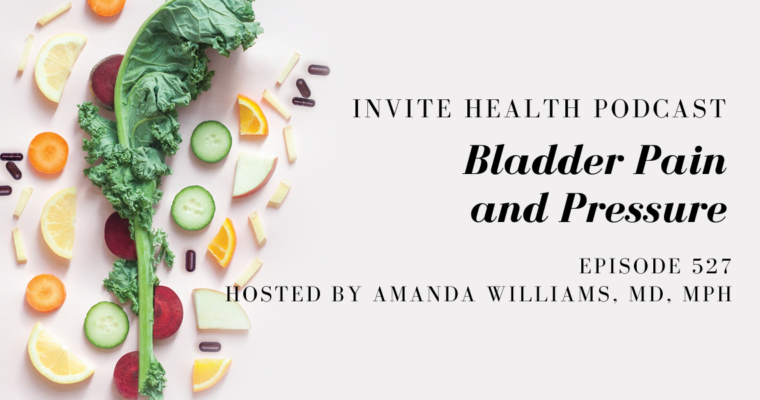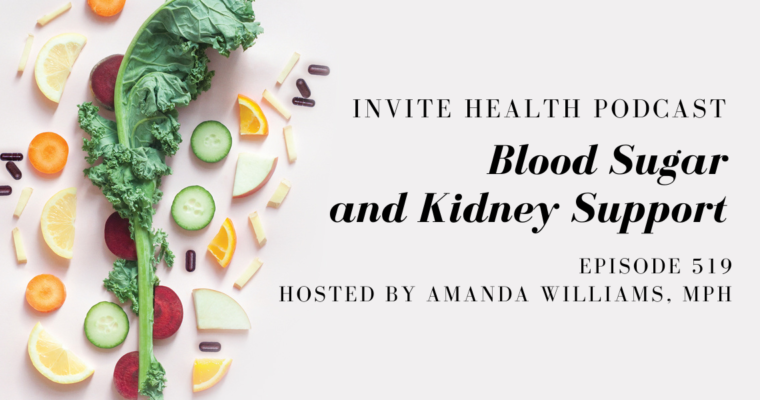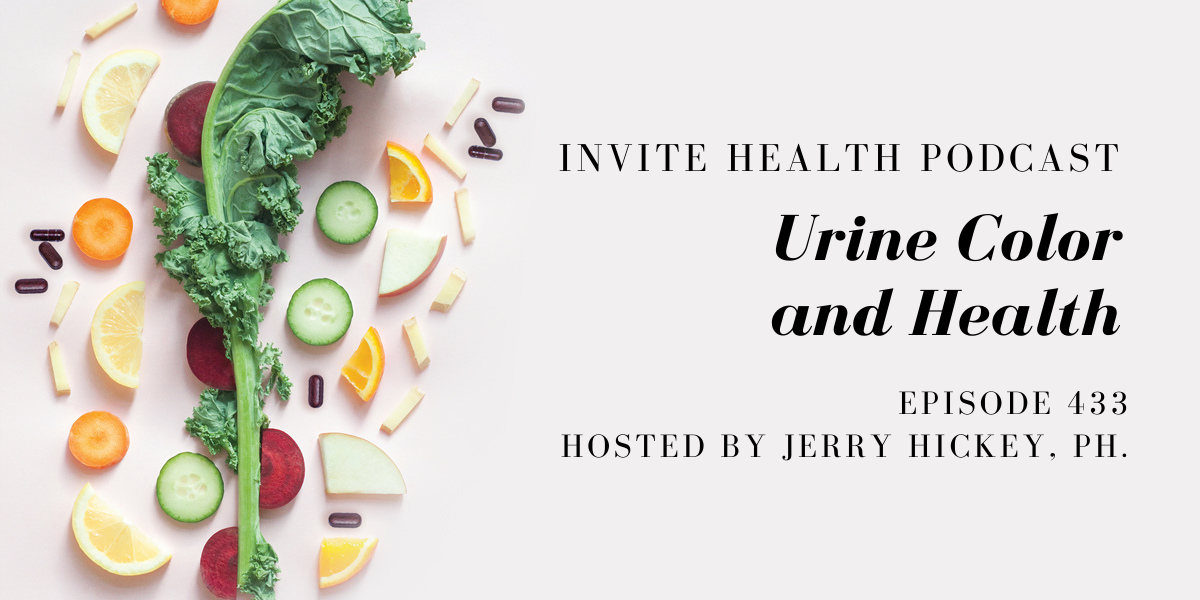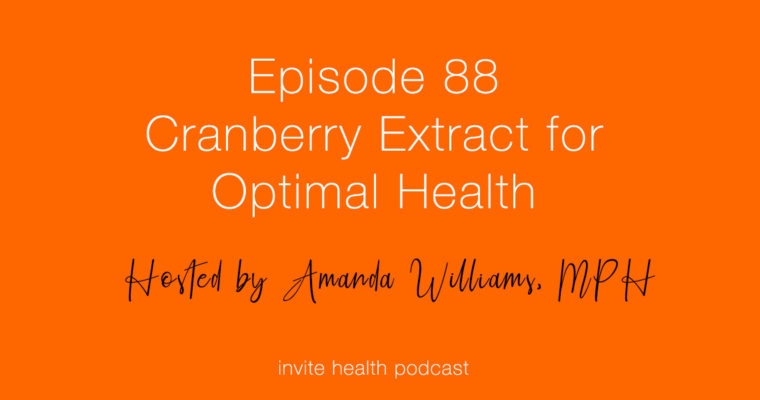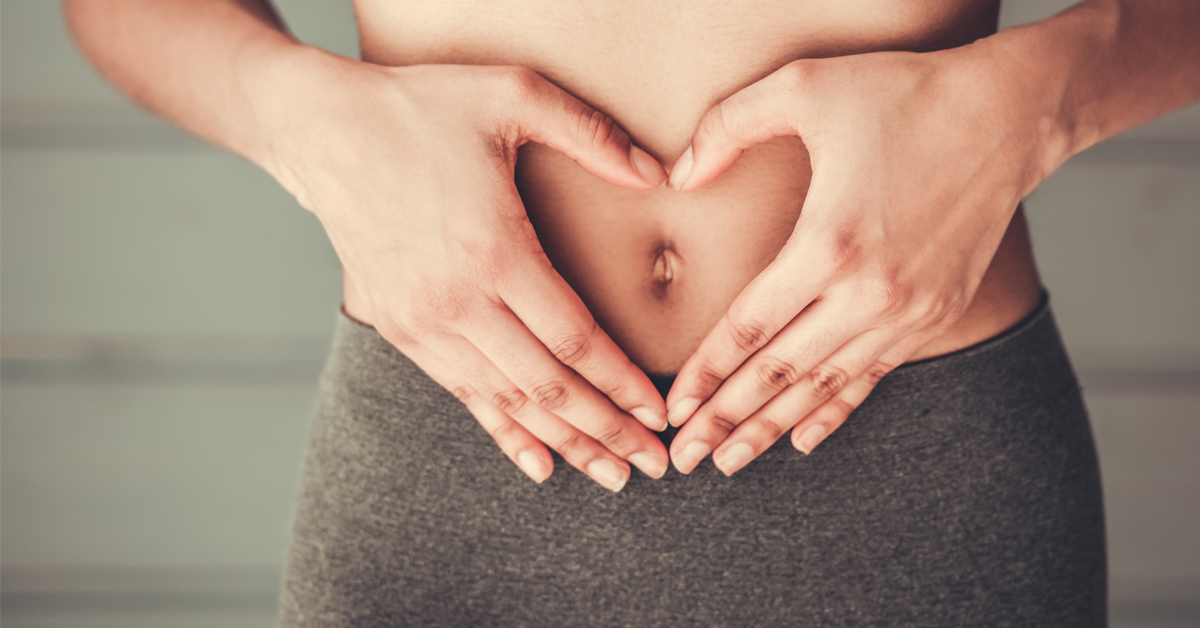urine
InViteⓇ Health Podcast, Episode hosted by Jerry Hickey, Ph.
Subscribe Today!
You may have noticed that sometimes the foods that you eat can change the color of your urine. Your urine color can change rapidly. Most of the time it’s temporary and doesn’t mean anything, but sometimes it really does. There are thousands of things washed away in your urine and some of them affect the color.†
Factors that impact urine color
If the color does change and it’s related to a health condition, the color may not be very specific. It just gives the doctor an idea of what to look at. The doctor must do a blood test and a urine test to get more concrete answers. The doctor also has to consider symptoms.†
Urine color varies according to how much fluid you drink. I happen to drink a lot of green tea and water and sometimes I’m overhydrated, so my urine is very clear. I should probably cut back on some fluid. But if it gets a deeper yellow, then you’re dehydrated and you need to drink more fluid. Urine gets its yellow color from urobilin, which is a breakdown product of heme. Your urine should be in some range of yellow.†
GREEN TEA TARGETS INFLAMMATION AND MORE – INVITE HEALTH PODCAST, EPISODE 245. Listen Now>>
So what if your urine is a dark brown color like cola? This could be related to food. Fava beans, rhubarb and aloe vera can cause this. Muscle breakdown from excessive exercise may also be a reason for this change, as well as something going on in your liver. There are many drugs that can turn your urine dark brown, such as chloroquine, primaquine, metronidazole and more.†
If the urine is pink or red, that could be blood, which may be indicative of a urinary tract infection (UTI) or kidney stones. If that’s the case, you will likely experience pain along with that. If not, you need to speak with your doctor, as it may be related to your bladder. There are also foods that can make your urine pink or red, including beets, rhubarb and blackberries, as well as a lot of drugs such as some laxatives and chemotherapy drugs.†

Green urine can be related to eating asparagus. When you eat asparagus, not only can it create a detectable odor in your urine, but it can also give it a slight green tint. A lot of times, if the urine turns blue or green and it’s really vivid, it’s a dye from something like candy or other processed foods. Infections such as yeast infections can also turn urine greenish. Again, this would likely be accompanied by some pain or burning and an unpleasant odor.†
CONTROLLING CANDIDA – INVITE HEALTH PODCAST, EPISODE 432. Listen Now>>
What about orange or dark orange urine? That could be the bile ducts, from the gallbladder and liver. If it’s orange, your stool is pale, your skin is becoming itchy and yellowish, and your eyes are looking yellow, you need to see a doctor right away.†
Cloudy urine is usually indicative of a UTI or kidney stones and you should have this looked at. Foam in the urine once or twice is usually from something you ate. But if you’re getting foam all the time, especially if you have an autoimmune disease, that could mean that your body’s filters aren’t working properly and protein is leaking into the urine. This is a sign that there’s a kidney problem.†
Promoting kidney health
So what’s good for the kidneys? Drinking enough water is important. If you have too little water, the kidneys have to work really hard. This could cause kidney failure.†
Grape seed extract is great for the kidneys. Studies in post-menopausal women showed that when they were put on grape seed extract, they didn’t lose any kidney function. There are also some studies on people with reduced kidney function. When the researchers gave these people grape seed extract, it helped to reduce inflammation in the body, restore antioxidant levels, protect the heart, brain and eyes, and support the body’s filtration systems.†
Carnosine is another nutrient that is amazing for the kidneys. Carnosine is a dipeptide that is made in the body that is very protective for the brain, eyes and muscles. Studies have shown that diabetics who develop kidney damage have an inability to use carnosine efficiently, so I always recommend carnosine to these people. I also recommend ubiquinol to these people. In studies of people with reduced kidney function, when they raised the level of ubiquinol in their blood, their kidneys started to work a little better.†
In this episode, Jerry Hickey, Ph. discusses the different factors that can impact your urine color, and how this can be indicative of your health. He also recommends various nutrients that can help protect and support the kidneys.†
Key Topics:
- Stories relating to urine color
- What is heme?
- The dangers of severe dehydration
Thank you for tuning in to the InViteⓇ Health Podcast. You can find all of our episodes for free wherever you listen to podcasts or by visiting www.invitehealth.com/podcast. Make sure you subscribe and leave us a review! Follow us on Facebook, Twitter and Instagram at InViteⓇ Health today. We’ll see you next time on another episode of the InViteⓇ Health Podcast.


